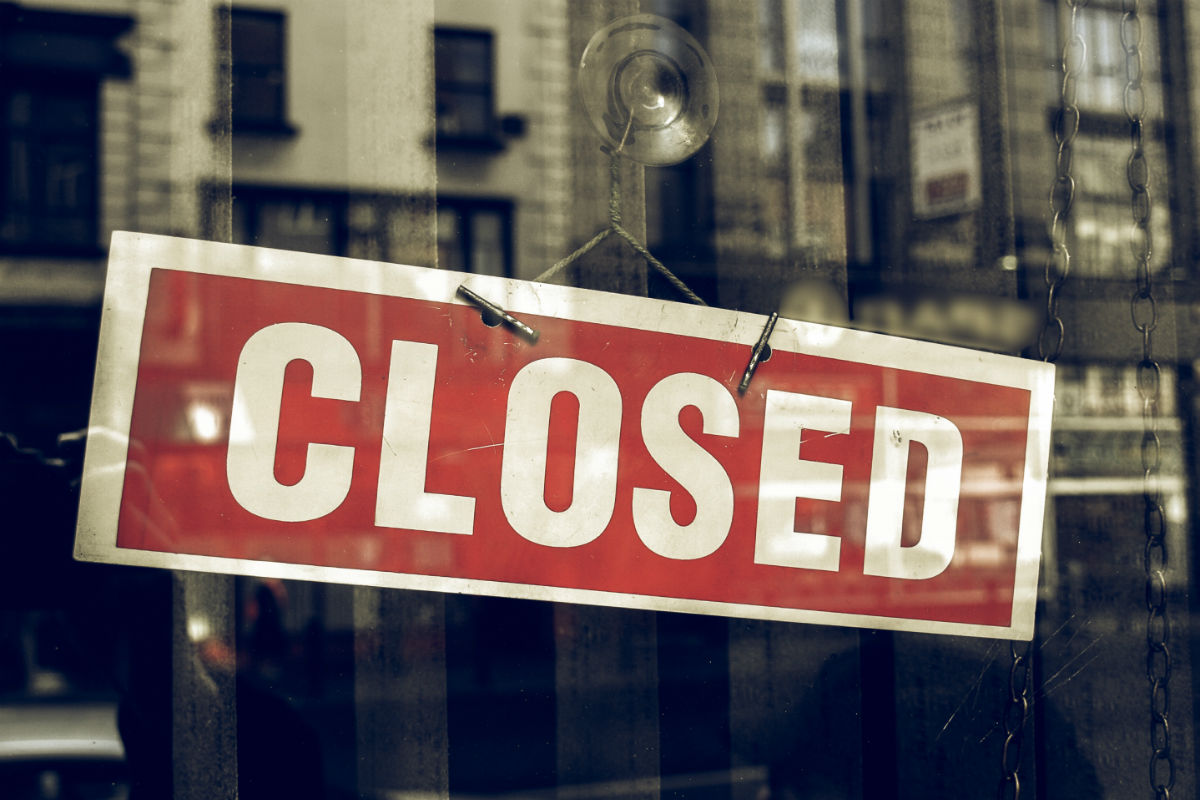When Should Large Retailers Close?

Recently, some local governments in Korea revised their policies about mandatory closures for large retailers. These companies will still be required to close two days a month. However, they will now have the option to close their doors on weekdays instead of every other Sunday.This has led to disagreement among small local businesses and consumers. Supporters say that the change will be more practical for customers, and that retailers should have the option to choose. Others argue that the change will confuse people, and that it will negate the intent of the original policy.Proponents of closing on weekdays argue that it is more convenient for customers. Most people are busy with work or family responsibilities during the week, so they tend to shop more on weekends. Moreover, these proponents say that major retailers offer a huge selection of products that allow one-stop shopping.Supporters also contend that large retailers already make concessions by shutting down two Sundays a month. Not operating when people do the most shopping has a significant impact on their profits. As a result, supporters say adding this flexibility can help large stores to minimize financial losses.Critics of closing on weekdays claim that the change will be confusing for many shoppers. People are now accustomed to the major stores closing on the second and fourth Sundays of each month. In addition, these people say if different retailers choose different days to close, it will lead to much chaos for shoppers.Opponents also assert that the aim of closing two Sundays a month is to benefit smaller local businesses. If large retailers stay open on all weekends, it will nullify the original purpose of the policy. Moreover, these opponents say that major retailers will gain even more market dominance due to this policy change.

Questions:
1. What change did some local governments in Korea make regarding large retailers' closures?
2. Why do supporters argue that closing on weekdays is more convenient for customers?
3. What do critics of closing on weekdays believe will happen if different retailers choose different days to close?
4. What is the original purpose of the policy to close large retailers on two Sundays a month, according to opponents?
5. Do you think it's better for large retailers to close on weekdays or on Sundays? Why? How do you think this policy change might affect small local businesses and consumers in the long run?
